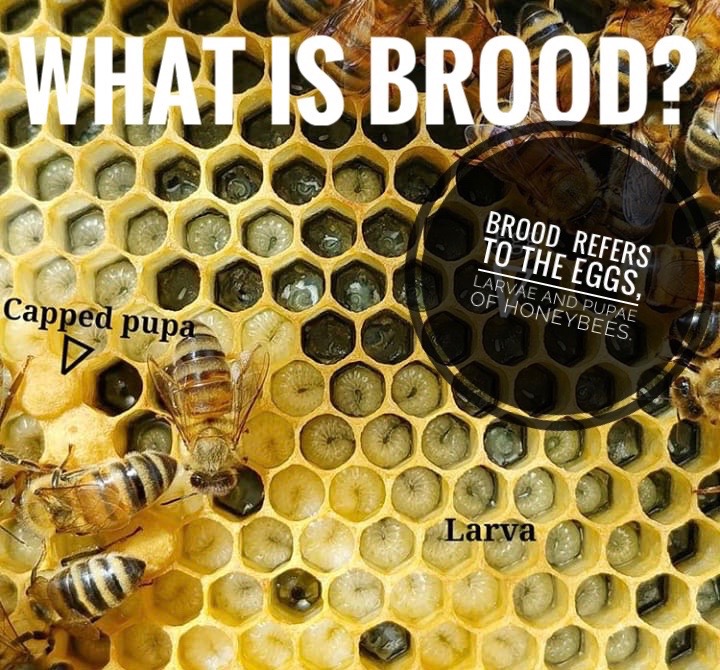Kindergarden Video Lesson – Honeybee Hive Inspection
My youngest daughter’s kindergarten teacher came out to do a video lesson for her class on a honeybee hive. In this video, you will see how a hive inspection takes place. We were able to locate the queen, find some larvae, eggs, capped brood, pollen, honey and lots of worker bees.
If you wanted to share this video with your class here are some notes to help you understand what you are seeing.

Worker bees – they do all the work in the hive from looking after the queen, storing nectar and pollen. Guarding the hive, looking after the young and the queen… and of course, foraging. When first born, they are classified as nurse bees. 10 to 15 days they will remain as nurse bees and look after the young. Nurse bees are typically gentle, do not sting and do not fly or forage. When the nurse bee gets older, her role in the hive changes to becoming a guard bee or “undertaker” removing the dead from the hive and keeping it clean. After that, they then spend the rest of their life up to 60 days old, as a forager where they will fly for miles and miles in search of pollen and nectar to build up their resources. After 60 days, the worker bees will eventually die off as they run through their summer life cycle.

Drones – they are the males in the hive, typically larger than worker bees and are the only ones in the hive that cannot sting you as they are born without stingers. Drones only purpose is to mate with a virgin queen, which unfortunately after mating will result in their death.
Pollen – you can see pollen stored in the honey comb in a variety of colours. They mix the pollen with some honey to form what is called “Bee Bread”. They feed this bee bread to the young in the form of royal jelly that nurse bees produce.
Nectar / Honey – the fresh nectar is taken from flowers such as dandelions and other wild flowers. Dandelions are the first abundant food source for the bees in the spring and are very important to them. Honey can last for a very very long time. Bees will produce special enzymes and that will help preserve the honey for when they need it most. All natural honey from flowers will eventually crystallize – most people think their honey has become expired or bad, however that is the opposite where it just indicates you have really good honey!
Hope you enjoyed the video!

